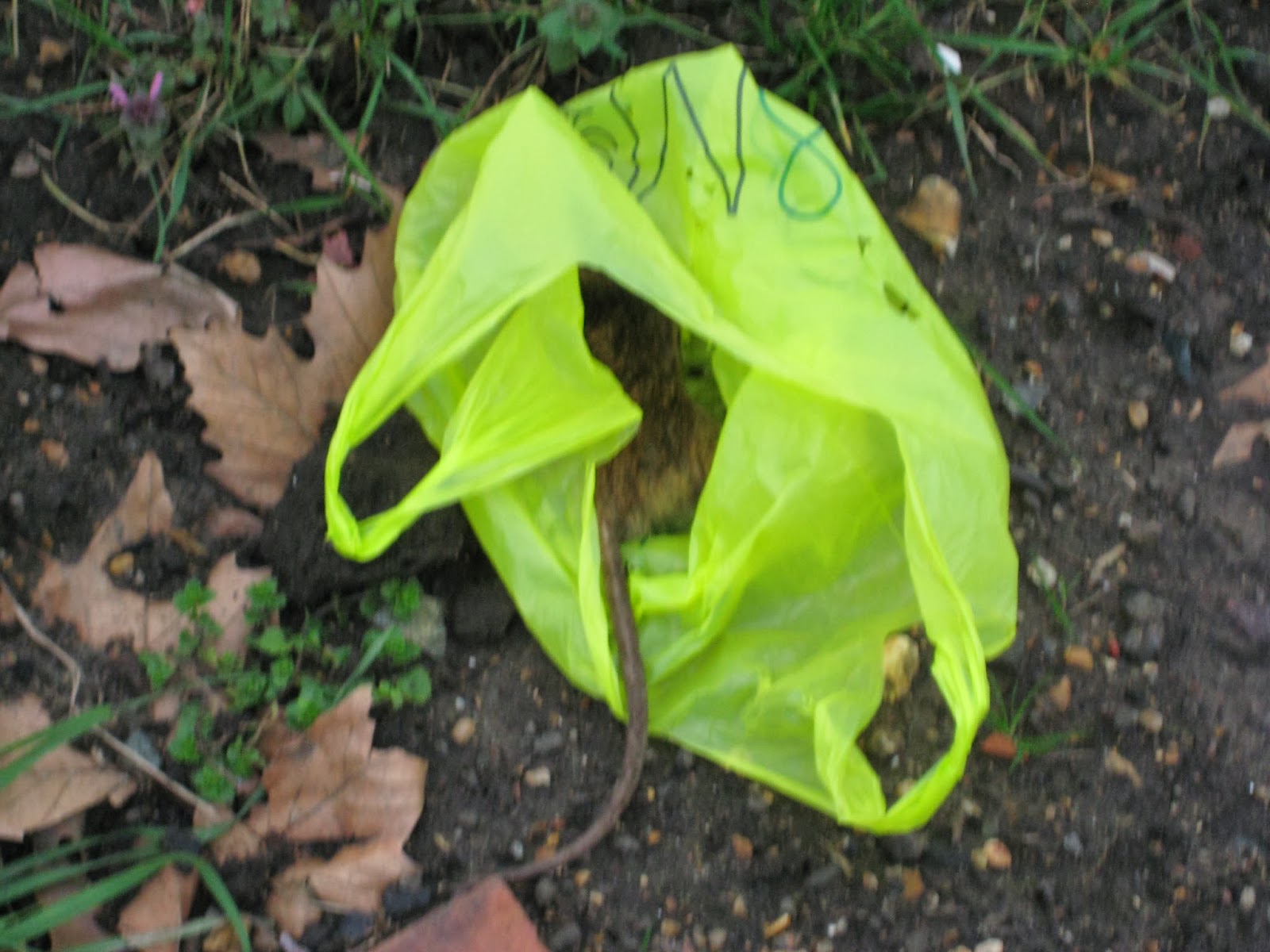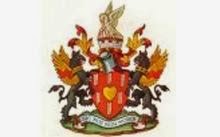Edward Hopper is both an interesting figure and an influential artist. Who amongst us that have seen reproductions and pastiches of his paintings including the iconic
Nighthawks has not been intrigued and formulated
their own narrative for the figures in his works?
I like this 1941 painting 'Summertime' but I find that it is not (for me) about isolation and loneliness adjectives typically used to describe the themes of his works.
This conventional wisdom that Hooper's paintings were about isolation has perhaps an some truth but looking at a selection of his
works in a book here it seems that there is indeed more to consider within the world that he captures so vividly, that something to me is about the anticlimax what follows a big event.
Hopper was a sophisticated and cultured man who was described as secretive he famously said of his work "
The whole answer is there on the canvas" but what is that answer?
This enigmatic artist was a reader of the works of Ralph Waldo Emerson the American writer who rejected traditional ideas of God in favour of an "Over-Soul" or "Form of Good," his ideas were considered at the time he revealed them as being highly contentious. Hopper too was influenced by the ground breaking European Psychologist Sigmund Freud (
here's a link to an analysis document on Hopper I found - but I'm not so sure if the the dislike of cities that is mentioned is fact).
How to live and think
Before there were professional academics who pursued Philosophical studies there were Philosophers who advised informed and lived the lives they thought others should.
This highlights for me for me the challenge for philosophers living today on how they operate at a practical level should they choose to practice a scheme of live arrived at by their study as opposed to studying and discussing of the field during their hours of employment? .
Through the years there have been characters like Diogenes of Sinope, aka Diogenes the Dog - Dog in Greek being the word Cynic which of course is what his philosophy became known as, who have embraced a way of life that sets them aside from the norm that most of us choose to adhere to.
Diogenes of Sinope
for example took the decision to pursue something that was to him akin to the truth (whatever that is) and rejected hypocrisy for what many would consider a more difficult life.
Others following a religious way of life have grappled with the central tenets of their faiths like
St Thomas who attempted to synthesise an Aristotelian philosophy
with the principles of Christianity.
 |
St Thomas didn't consider
himself a philosopher. |
Thomas was a child of an aristocratic family
and was born at a time
in Europe which was enjoying the wealthiest period since the fall of the Roman Empire. Universities were being formed around Europe and Thomas went
to the University of Naples where the Dominicans influence was felt by him, he became something of a radical even though his family tried to turn away from this path.
St Thomas of Aquinas didn't himself think that he was a philosopher but followed Aristotle in thinking that an act is good or bad depending on whether it contributes to or deters us from our proper human end that is the 'telos' which can be considered the utility, the purpose, the motivation and intention or logical reason at which all human actions aim.
That 'telos' is a sort of happiness, where “happiness” is related to completion, perfection, or well-being. Achieving happiness, however, requires a range of intellectual and moral virtues that enable us to understand the nature of happiness and motivate us to seek it in a reliable and consistent way.
In 1270 and 1277 he was condemned by the Roman Catholic church (by Étienne Tempier a Paris Bishop) but 50 years after his death on the 18th of July 1323, Pope John XXII pronounced Thomas
of Aquinas
a saint,
St Thomas Aquinas believed that we can never achieve complete or final happiness in this life. For him, final happiness consists in beatitude, or supernatural union with God. Such an end lies far beyond what we through our natural human capacities can attain. For this reason, we not only need the virtues, we also need
God to transform our nature to perfect or “deify” it, so that we might be suited to participate in the divine beatitude. Moreover, Aquinas believed that we inherited a propensity to sin from our first parent, Adam.
While our nature is not completely corrupted by sin, it nevertheless suffers 'sins stain', as evidenced by the fact that our wills are at enmity with those of a Christian God’s. For this reason we need God’s help in order to restore the good of our nature and bring us into tune with his will. To do this, God imbues us with his grace which comes in the form of divinely instantiated virtues and gifts.
So as an example of someone who tried to live his live by his beliefs of original sin (although differently from that which was the later interpretation of others including John Locke). Thomas is perhaps a fine example of trying to live as he felt he should but it must have been quite a challenge.
When I was a kid playing football for the 90 minutes or so of the game that was what existed and at the end of the proscribed time there was a return to the more routine way of life, as I've got older I have found that it is still possible to lose oneself in tasks and entertainment, a two hour film can flash but hours gardening go to nothing.
But at the end of the suspension one returns to the 'life' and compromises, on the return from the 'game' it is not just that time readjusts but the perception of life changes too, a different version of reality fills the horizon, that was a great film now I need to get home and I'm getting wet and I'm tired ..
So the thought is even if we knew 'the truth of life and how it should be lived' would we choose it?









































